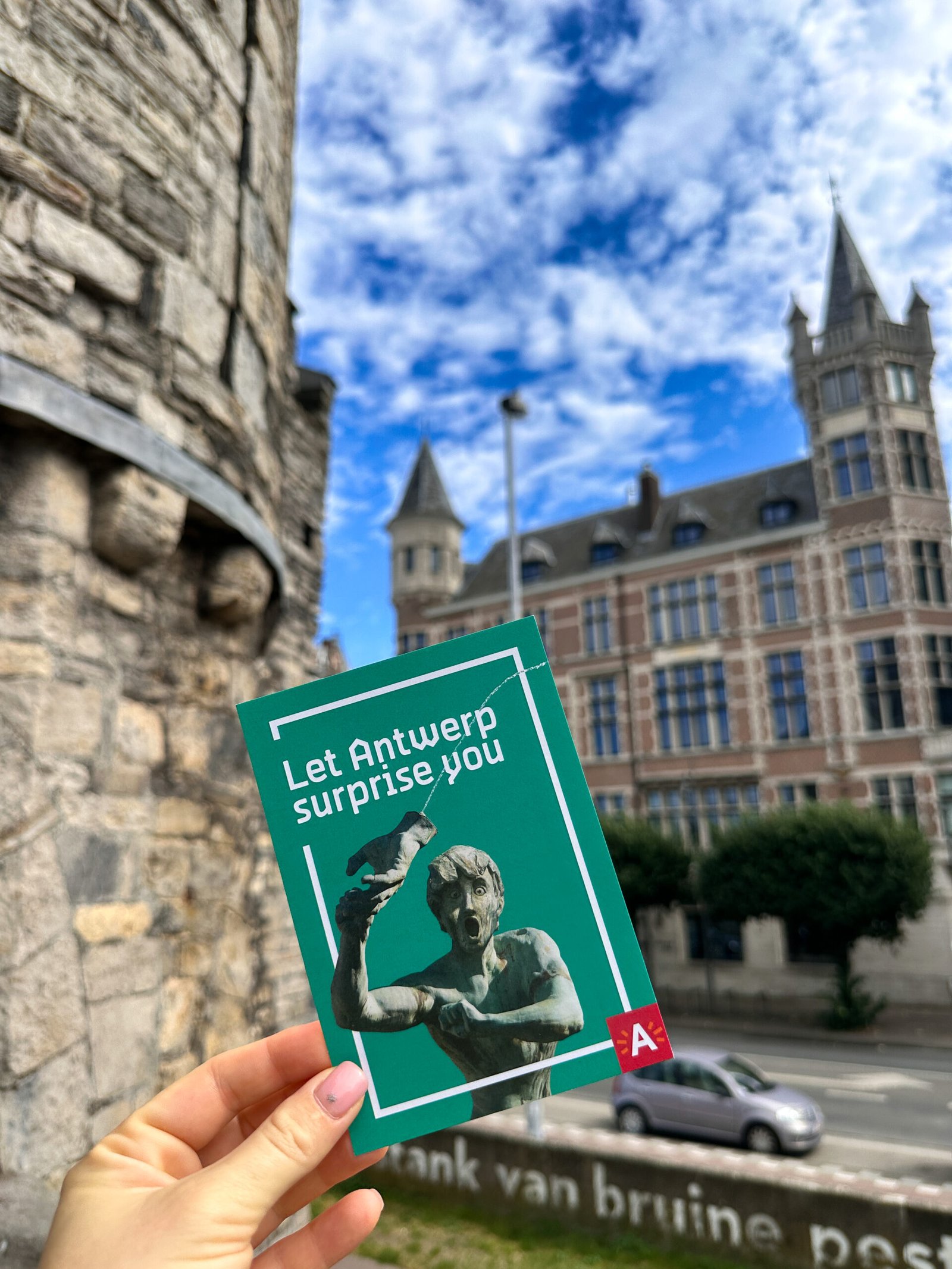9 Things I Wish I Knew Before Visiting Spain
Planning a trip to Spain? Buckle up, because this vibrant country is going to sweep you off your feet. But before you pack your bags and jump on that plane, there are a few things you absolutely need to know. Trust me, these tips will make your Spanish adventure a whole lot smoother and way more enjoyable.
9 Things to Know Before Your Spanish Vacation
- Learn Spanish: Locals prefer Spanish. Even a simple “Hola” or “Gracias” helps.
- Late Meals: Lunch is around 2 PM, and dinner after 9 PM. Tapas are great for in-between.
- Flamenco Limited: Popular mainly in Andalusia; not everywhere else.
- Festival Central: Spain has countless festivals like Las Fallas and La Mercè.
- Free Tapas: In some cities like Salamanca, tapas come free with drinks.
- Moorish Influence: Moorish rule left stunning architecture and Arabic traces in language and food.
- Loud Conversations: Spaniards speak loudly and often interrupt; it’s normal.
9 Things You Need to Know Before You Go to Spain
1 – Learn a Few Spanish Phrases
First things first, let’s talk language. Yes, English is the global lingua franca, but in Spain, it’s not as widely spoken as you might think. If you’re sticking to touristy areas in Madrid and Barcelona, you’ll get by with English. But venture outside these hubs, and you’ll find that locals appreciate—and sometimes require—a bit of Español.
Why Bother with Spanish?
Knowing a few key phrases can be your golden ticket to better service and warmer smiles. Plus, it’s a sign of respect for the local culture. Even simple phrases like “Hola” (hello), “Por favor” (please), and “Gracias” (thank you) can make a big difference.
Use Online Translators
With apps like Google Translate, you’re never truly lost. These tools can help you tackle more complex conversations and even read menus or signs. It’s like having a linguistic safety net in your pocket.
2-People Eat Very Late
Next up, let’s talk about meal times. In Spain, eating is practically a national pastime, and the schedule is a bit different from what you might be used to.
Lunch at 2 PM, Dinner at 9 PM
Spaniards enjoy their lunch around 2 PM and don’t even think about dinner until 9 PM or later. This can be a shock to your system if you’re used to earlier meals.
Adjust Your Meal Times
To truly enjoy Spain, you’ll need to adjust your eating habits. Most restaurants won’t open for dinner until at least 8 PM. But don’t worry, you won’t starve! Tapas bars serve small snacks throughout the day, so you can always nibble until dinnertime.
Tapas to the Rescue
Tapas are lifesavers. These small plates of food are available all day, keeping your hunger at bay until those late-night dinners. Plus, it’s a great way to sample a variety of Spanish flavors.
3-Flamenco Is Not Spreading Its Wings Everywhere
When people think of Spain, flamenco often comes to mind. But here’s the tea—flamenco isn’t a nationwide phenomenon.
Andalusia’s Claim to Fame
Flamenco hails from Andalusia in southern Spain. Cities like Granada, Seville, and Cordoba are where you’ll find authentic flamenco performances.
Barcelona’s Flamenco Scene
While you can catch flamenco shows in Barcelona, it’s not part of the local Catalan culture. These performances are mainly for tourists.
No Flamenco in the North
Travel to Galicia, Cantabria, or the Basque Country, and you won’t find flamenco at all. These regions have their own unique cultural traditions worth exploring.
4-Festivals Galore
Spain takes its festivals seriously. In fact, there are so many that you could attend one every day of the year.
The Best of the Best
Some of the most famous festivals include Las Fallas in Valencia, La Mercè in Barcelona, and the Feria de Abril in Seville. These events are cultural spectacles you won’t want to miss.
Timing Your Trip
Chances are, at least one festival will coincide with your visit. Check local calendars and plan your trip accordingly to experience these vibrant celebrations.
A Festival for Every Interest
Whether you’re into music, food, or traditional parades, there’s a festival for you. Spain’s diverse regions each have their own unique celebrations.
5-Free Tapas with Drinks
One of the best-kept secrets in Spain is the tradition of free tapas with your drink order.
How It Works
Order a glass of wine or beer, and in many places, you’ll get a small plate of food on the house. It’s a delightful way to sample local cuisine without breaking the bank.
The Salamanca Experience
In student cities like Salamanca, bar-hopping for free tapas is a popular activity. You can fill up on a variety of snacks just by moving from one bar to another.
Quality Varies
The quality and quantity of tapas can vary depending on the establishment and the drink you order. But the thrill of discovery is part of the fun!
6-The Moors’ Influence
The Moors ruled Spain for nearly 800 years, leaving a significant mark on the country’s culture and architecture.
Architectural Marvels
You can see Moorish influence in landmarks like the Alhambra Palace in Granada and the Real Alcazar in Seville. These sites are must-visits for any history or architecture buff.
Linguistic Legacy
The Spanish language has absorbed many Arabic words, thanks to the Moors. Common words like almohada (pillow), azúcar (sugar), and almendra (almond) come directly from Arabic.
Culinary Contributions
The Moors also left their mark on Spanish cuisine. Dishes like the Andalusian chickpea and spinach stew have roots in Moorish cooking.
7-Spaniards Speak Loudly
If you think Spaniards are always arguing, think again. They just speak loudly and passionately.
It’s Not a Fight
What might seem like a heated argument is often just a lively conversation. Spaniards are expressive and animated, especially when catching up with friends or family.
Interruptions Are Normal
Interruptions and overlapping dialogue are common. It’s all part of the vibrant Spanish communication style.
Don’t Take It Personally
If someone raises their voice at you, they’re not angry. They’re just trying to make sure you understand, especially if there’s a language barrier.
8-Expect to Wait
Patience is a virtue in Spain, especially when dining out.
Slow Dining Culture
Spanish meals are leisurely affairs. Don’t be surprised if you wait 20-30 minutes before your order is taken. It’s all part of the relaxed dining experience.
Signal the Waiter
If you feel forgotten, don’t hesitate to signal the waiter politely. A simple “Perdón” will usually do the trick.
Tourist Traps
Beware of restaurants with menus in English or photos of dishes prominently displayed. These places often have inflated prices aimed at tourists.
Conclusion
Traveling to Spain is an unforgettable experience, full of vibrant culture, delicious food, and rich history. By keeping these tips in mind, you’ll be better prepared to immerse yourself in all that Spain has to offer. Whether you’re practicing your Spanish, adjusting to late meal times, or navigating the lively streets, you’ll find that Spain is a country that welcomes you with open arms.
Ready to explore Spain like a pro? Pack your bags, brush up on your Spanish, and get ready for the adventure of a lifetime. ¡Buen viaje!




Leave a Reply